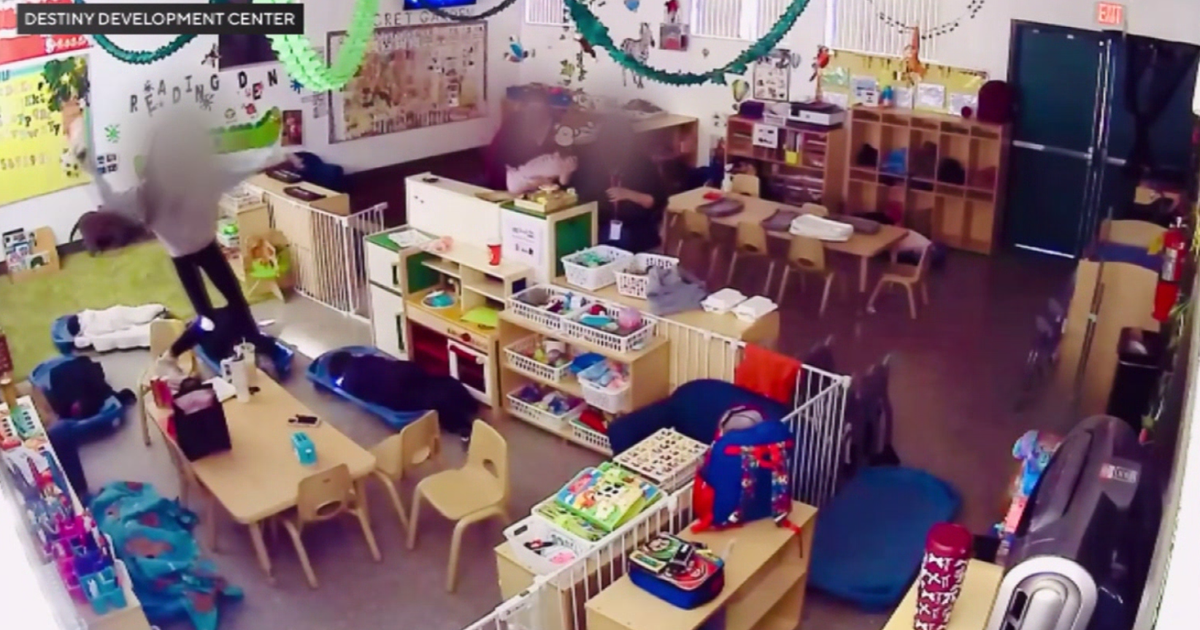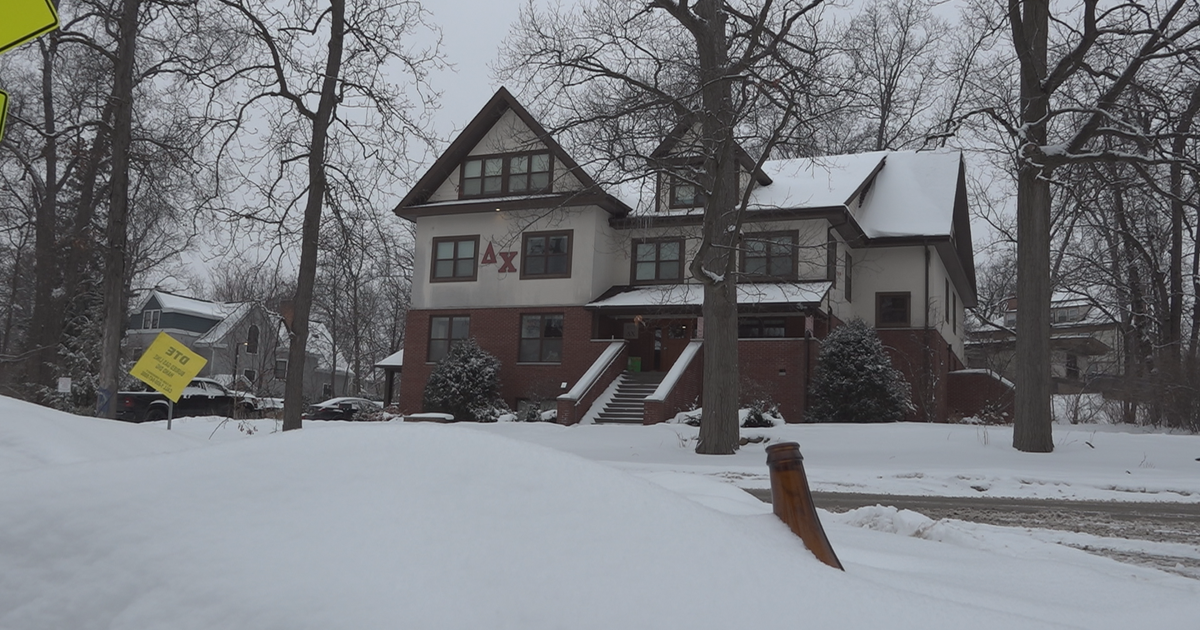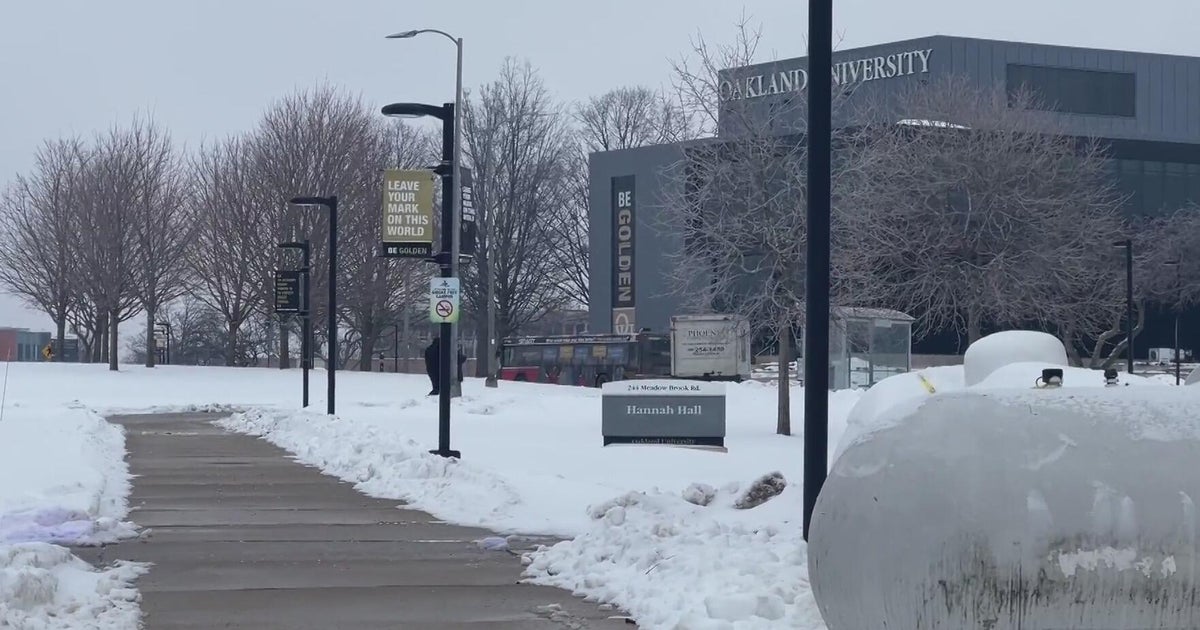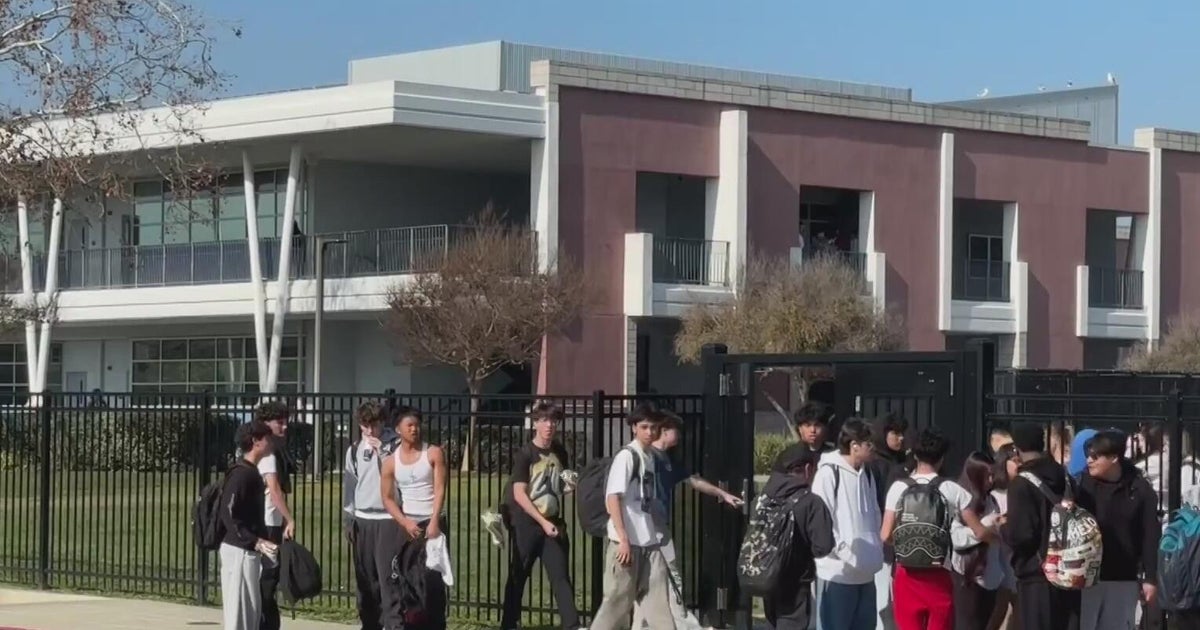MCAS results show Massachusetts students, schools haven't reversed pandemic learning loss
BOSTON - Newly released MCAS test results show Massachusetts schools and students have not reversed pandemic learning loss.
With a grim demeanor, acting DESE Commissioner Russell Johnston announced the 2024 MCAS results at a public meeting Tuesday.
MCAS results are "concerning"
"These results are concerning," Johnston said slowly. "They are concerning as we continue to combat pandemic related learning loss."
MCAS results released Tuesday reveal plateaus or decline in all major categories amongst all age groups in Massachusetts' public schools.
"Massachusetts has struggled to catch [pandemic loss] up, particularly in ELA, where scores continue to decline in the post pandemic years and the fact that this is now another year with declines and not the significant gains we would like to see," said Emily Oster, a Professor of Economics at Brown University. "That is where I think the significant concern is really coming from."
"The short answer is, students aren't catching up," added Tom Kane. He's the faculty Director at the Center for Education Policy Research at Harvard's Graduate School of Education.
Divide between wealthy, low income communities
Kane points out the divide between wealthier and lower income communities, a divide he says has widened in a disappointing way in Massachusetts.
"I think that the area where Massachusetts has really shown weakness during the pandemic is in terms of the higher poverty districts," Kane explained. "In many other states, it's the higher poverty districts that are catching up faster than the richer districts. It's because they received a lot of federal aid and were using that aid for things like tutoring, summer learning, etc."
The same isn't necessarily true in Massachusetts, where the test results show continued diminished performance in many low-income cities and towns.
"In effect, if we let the current losses stand, we'd be forcing low-income students to pay for public health measures that were taken on behalf of all of us," Kane said. "The school closures - and I think it would be unjust. I think most people would think it's unjust if we stuck poor kids with the bill for the pandemic."
The Massachusetts Teachers Association, the statewide union, also expressed concern about a class divide in MCAS performance.
"We know that poverty is a core determinant of how students will do on these tests," said MTA president Max Page.
MCAS ballot question
The MTA supports Question 2, a November ballot initiative that would remove passing the MCAS as a requirement for high school graduation.
In addition, Page says the test itself is "problematic" and isn't a full measure of success. "We have teachers in classrooms every single day," Page said. "They see their students all year long, but we get fixated on a one time test - a sort of a snapshot of what's going on."
Expert suggests more time in classroom
Still, experts who do academic research say the MCAS provides discernible information to help schools recover from the pandemic - and that means extra learning to make up for lost time.
"I think a lot of parents think learning is like a rubber band, that students lost ground during the pandemic, but once they got back in school everybody was back to normal," Kane said. "But actually, learning is much more like a conveyor belt in that when the conveyor belt was stopped, students lost a bunch of ground, and the only way to catch up is to run the conveyor belt faster, which is hard, because...are we just expecting teachers to talk faster? Or we have to run it for longer."
Kane suggests more time in the classroom, especially in lower income communities - with the help of state funding and encouragement.
"We ought to start planning now for just a record-breaking summer learning effort for the summer of '25," he said.








